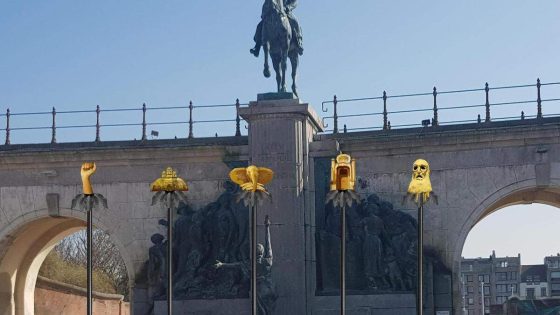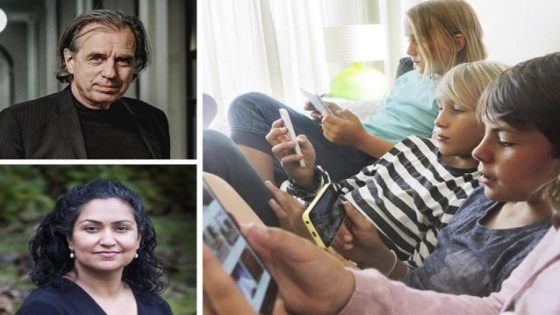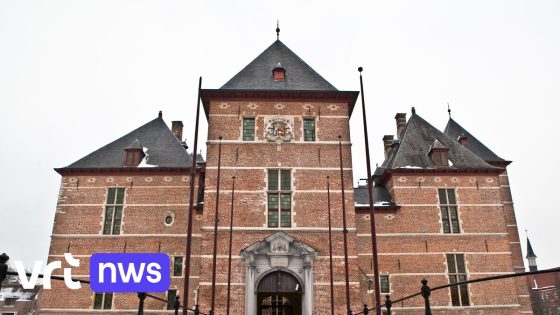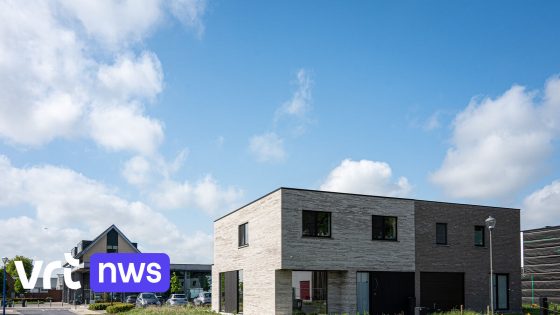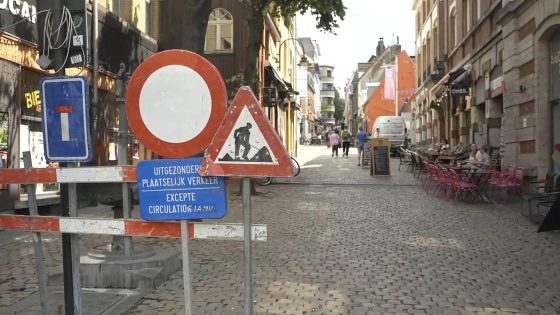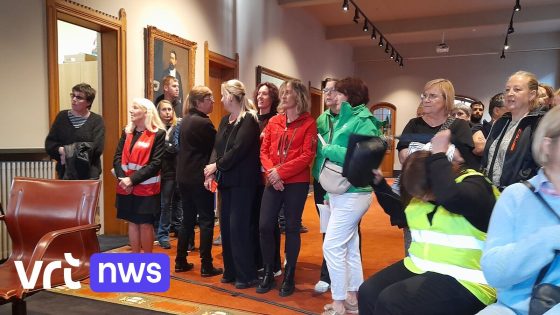The city of Oostende has sparked debate with its recent decision regarding the controversial Leopold II equestrian statue on the seafront. In late 2023, Oostende launched an art commission to create a new work near the statue, aiming to place the monument in a decolonial context. British artist Hew Locke, known for exploring cultural diversity and symbols of power, was selected to design an installation featuring five gold-topped masts symbolising colonial history.
- Oostende annuleert kunstwerk bij Leopold II-standbeeld
- Hew Locke’s ontwerp benadrukt culturele diversiteit
- Stadsbestuur wil brede participatie en educatie
- Alternatief plan richt educatieve herdenkingsruimte in
- Kritiek op stad wegens gebrek aan draagvlak
- Debat over toekomst van ruiterstandbeeld geopend
However, on 2025-06-18 09:32:00, the new city council halted the project, citing insufficient local support and the need for broader consultation. While the importance of decolonisation remains recognised, the council prefers educational initiatives and community dialogue over radical artistic interventions. This move raises questions about how Oostende can reconcile its colonial past with the present-day values of its citizens and visitors.
What does this mean for the future of public memory and art in Oostende? Can the city find a way to honour diverse perspectives without polarising its community? The following fast answer summarises the situation for Belgian readers.
The decision to halt the art installation reflects deeper challenges in balancing heritage preservation with social change. Key points include:
- The original project aimed to transform an iconic site with symbolic artworks inviting reflection on colonial history.
- Local feedback and political shifts revealed insufficient consensus for such a visible intervention.
- The city now prefers educational and commemorative approaches, including a planned memorial space behind the statue.
- Debate continues over whether the statue itself should remain, with open dialogue encouraged.
Looking ahead, Oostende’s experience underscores the importance of inclusive dialogue when reshaping public memory. Will the city successfully create a shared space that respects diverse histories? Continued community engagement and thoughtful cultural projects could pave the way for meaningful reconciliation and a more inclusive urban landscape.



